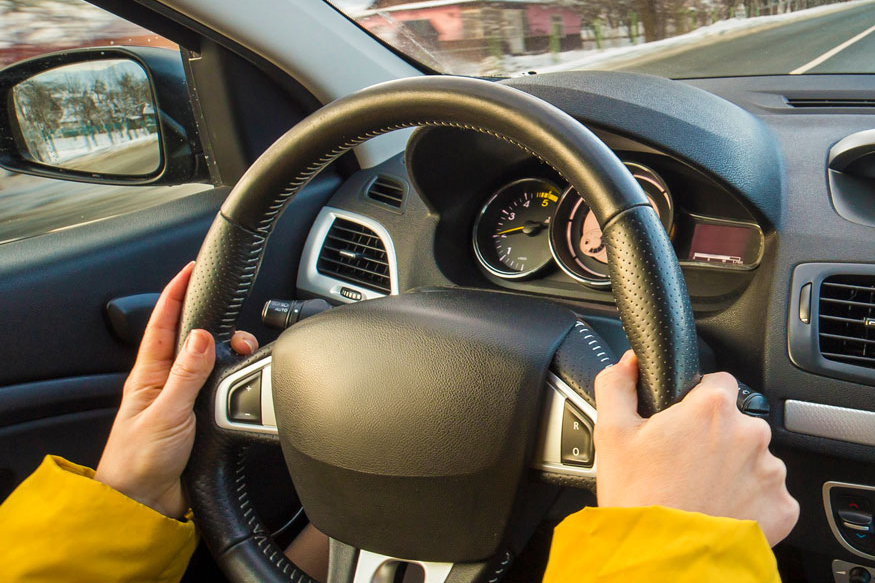
Auto Insights – Defensive Driving Tips
Safer Travel Starts With Defensive Driving
The premise of defensive driving is simple—defend yourself against potential accident hazards. Doing so requires driving techniques designed to help keep both you and other drivers safe on the road.
With this in mind, we’ve put together these essential defensive driving tips that you can implement the next time you get behind the wheel:
- Eliminate distractions. The first step in being a defensive driver is to reduce distractions while you drive. As such, it’s important to make sure the road is your sole focus—avoid using your cellphone, adjusting the radio, programming your GPS, eating, drinking or applying makeup behind the wheel.
- Remain alert. In addition to eliminating distractions, it’s vital to be fully aware of your surroundings on the road. This practice will help you better detect upcoming hazards, allowing you to respond as quickly and safely as possible. Check your mirrors often, and try to scan road conditions approximately 20 to 30 seconds ahead of you. Specifically, keep an eye out for other drivers, nearby pedestrians and road obstructions (e.g., traffic cones or construction work).
- Follow the rules of the road. This includes wearing your seat belt, obeying speed limits, using your turn signals and avoiding driving with excess passengers in your vehicle. Also, make sure you approach intersections with caution. Even if you have the right of way, look around to confirm it’s safe to cross the intersection before doing so.
- Avoid aggressive driving (and drivers). Aggressive habits—such as switching lanes frequently, braking or accelerating suddenly, and tailgating other drivers—can increase your likelihood of being involved in an accident. Try to be as predictable and forgiving as possible by always leaving at least a four-second distance between you and the vehicle in front of you, avoiding abrupt lane changes and keeping a steady pace. If another driver is displaying aggressive habits, try to distance yourself from them or pull over when it is safe to do so.
- Be extra careful in adverse conditions. In severe weather (e.g., heavy rain, snow and fog), road conditions can be significantly more dangerous. Take additional precautions by reducing your speed, increasing your following distance, braking earlier and using your headlights.
Don’t Forget to Take Care of Your Vehicle
Even the most defensive drivers could contribute to an accident on the road if operating an unsafe vehicle. Make sure you keep your vehicle in good shape by taking it for routine oil changes and fluid checks, ensuring the tires are properly inflated and performing other maintenance as needed.
Drive Smart and Stay Safe
To learn more about defensive driving and other ways to help you stay safe on the road, talk to the auto insurance experts at VTC Insurance Group. Give us a call at 248.828.3377 or visit vtcins.com.
This blog is for informational purposes only and is not intended as legal advice.


